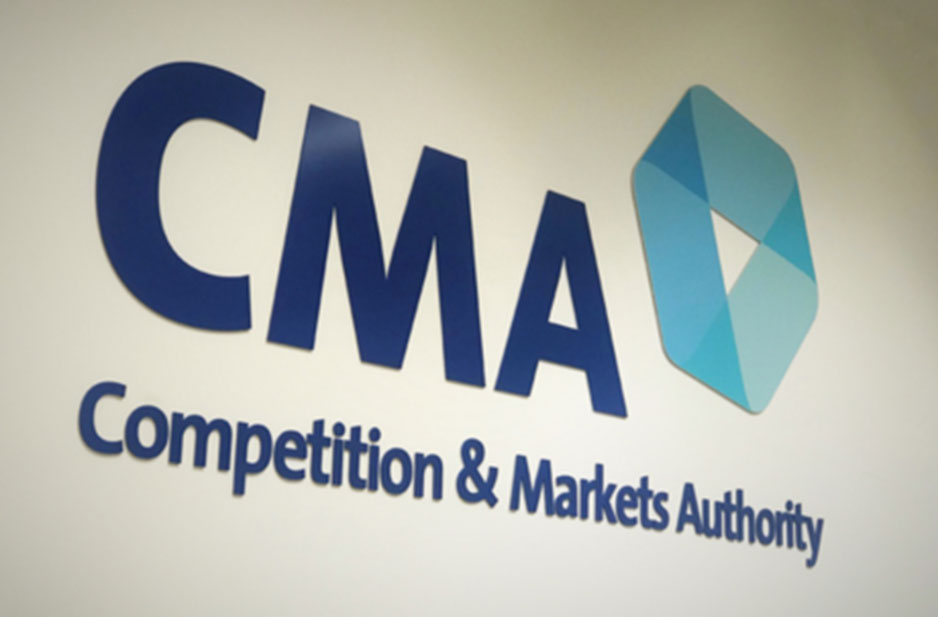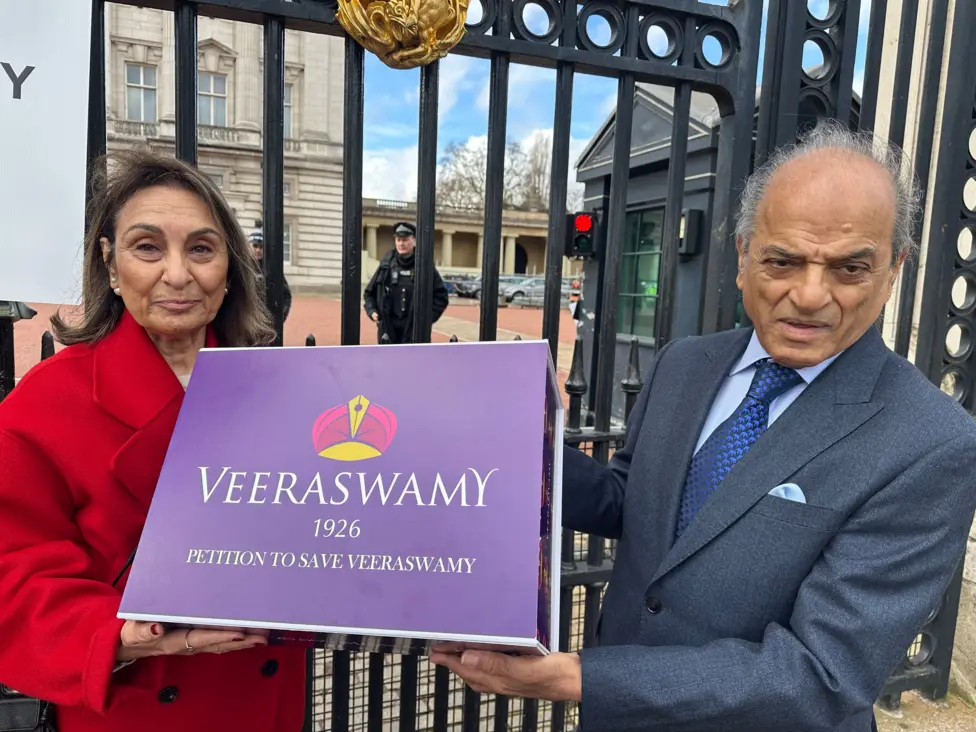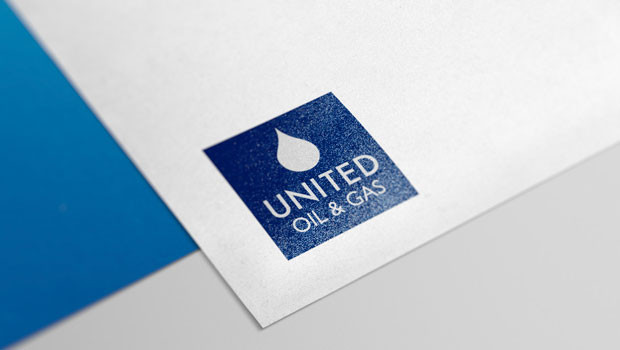The Competition and Markets Authority (CMA) has launched a new campaign to help local holiday and travel businesses improve the clarity of their terms and conditions.
The ‘Small Print, Big Difference’ campaign is being run in partnership with the lead associations representing the holiday and travel industry, including ABTA – The Travel Association, UKHospitality and the Association of Independent Tour Operators (AITO) amongst others.
As holidaymakers get ready to make the most of the Easter break, the CMA’s campaign is calling on holiday and travel businesses to ‘check in’ and make sure they are using fair terms and conditions in their customer contracts. It also encourages businesses to be upfront and clear with their customers about charges and fees, especially in the event of a customer cancellation.
Holidays can be an expensive outgoing with people in the UK spending an estimated £81 billion on them at home and abroad in the 12 months to April 2018. However, some holidaymakers may have to cancel their plans due to changes in circumstances such as an illness or death in the family.
Under consumer law, businesses may be entitled to ask customers to pay a cancellation fee to cover their losses, but the amount they keep must be in proportion to what they are losing. Cancellation terms that don’t follow this approach are likely to be unfair and businesses can’t rely on them to resolve claims or disputes with customers.
A national survey of 2,000 people by Ipsos Mori, released by the CMA today, shows what members of the public feel should happen if they have to cancel a trip. Regional results for the West Midlands show that:
- 90% think they should get all, or most, of their money back if they cancel and the business re-sells their booking
- 86% feel that it’s unfair if they have to pay part of the full cost of a booking when they cancel
- 65% feel that travel and holiday businesses do not always make it easy to cancel a booking as they should
A term can be legally unfair if it gives the business an unfair advantage. Examples of unfair terms can include those which allow a business to take a large, upfront deposit and refuse to refund any of the customer’s money if they cancel, regardless of the amount the business is losing or the reason for the customer cancelling.
Another example is when a business insists on a large cancellation fee which bears no relation to the actual losses it experiences from the cancellation. A term is more likely to be fair if it clearly explains how a charge reflects what a business will genuinely lose from a cancellation, and the way this charge is calculated is reasonable.
Douglas Cooper, a Project Director at the CMA and Regional Champion for the Midlands, said: “With billions of pounds spent on domestic tourism trips to hotspots such as Birmingham in the West Midlands each year, we are calling on travel businesses in the region to ‘check in’ on their terms. Nobody wants to cancel a trip or holiday. If they have to, it’s important that they are treated fairly and don’t lose out more than is absolutely necessary.
“Whilst fair terms can reassure customers about the business they are working with, unfair terms can’t be enforced – and therefore won’t protect companies if they are challenged. It might be small print, but it makes a big difference.”
Mark Tanzer, Chief Executive of ABTA, said: “At ABTA, we recognise the importance of customers feeling confident that they are buying from a business that commits to treating them fairly. ABTA has discussed its model terms and conditions with the CMA, and along with the ABTA Code of Conduct, I am confident they provide our Members with a strong framework to ensure they are compliant with the regulations and are fair for customers.
“There are circumstances when a cancellation charge may apply, but it must genuinely reflect the costs of cancellations faced by the travel company. We always encourage people to take out travel insurance as soon as they book their holiday, which should protect them from the costs for most cancellations.”
Kate Nicholls, Chief Executive of UKHospitality, said: “The CMA’s campaign has followed legislation aimed at providing crucial accuracy and transparency for both businesses and customers. It is vitally important that our customers have full confidence when they make a booking with a hotel, a restaurant, a B&B or any other hospitality business.
“A clear understanding of terms and conditions can help foster an open and responsive relationship that gives our customers peace of mind and boosts businesses.”
Derek Moore, Chairman of AITO, said: “AITO - The Specialist Travel Association welcomes the CMA’s timely reminder to its members to make sure that their booking conditions are fit for purpose and fair to the consumer. With the myriad of travel organisers, many from outside the UK and EU, targeting UK consumers, understandable and transparent conditions have never been more important”.
The CMA’s campaign invites local businesses to ‘check-in’ on their terms to make sure they’re being fair to their customers, by using the CMA’s advice to help them review their contracts.
A new website (www.gov.uk/fairterms) contains accessible advice and information for businesses on unfair contract terms law and what they can look for when reviewing their terms and conditions. In addition, the CMA has produced detailed guidance to help businesses and their legal teams understand how to apply the law.

















